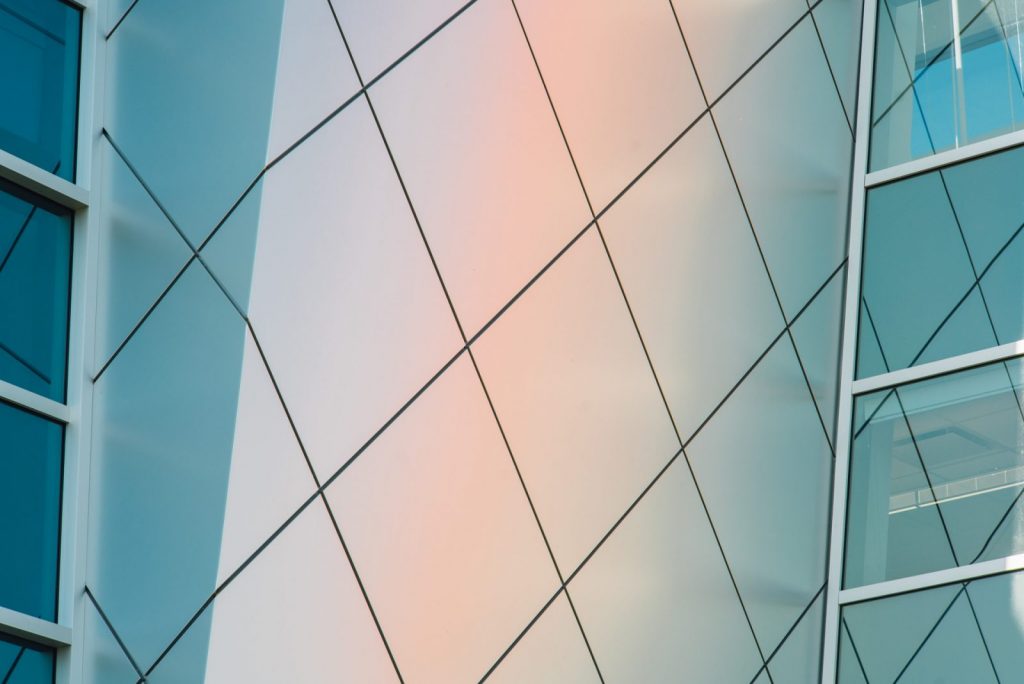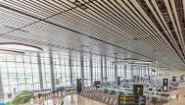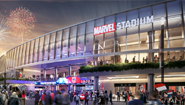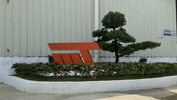Advantages of Using Aluminum Cladding Panels for Building Facades
Author:Jayminton Time:2024-08-13

In modern architecture, aluminum Cladding panels have become a popular choice for building Facades. This trend is driven by a combination of aesthetic appeal, durability, and practical benefits. Here’s a closer look at the reasons why aluminum cladding panels are an excellent choice for contemporary building designs.
1. Aesthetic Versatility
One of the foremost advantages of aluminum cladding panels is their versatility in design. aluminum panels can be finished in a wide range of colors, textures, and patterns, allowing architects to achieve virtually any visual effect. From sleek, modern finishes to more traditional looks, aluminum cladding can be customized to complement various architectural styles. The panels can also be perforated or embossed, adding unique design elements to the building’s facade.
2. Durability and Longevity
Aluminum is known for its exceptional durability and resistance to environmental factors. Unlike some materials that may degrade over time due to exposure to weather, aluminum cladding panels are resistant to corrosion, fading, and impact. They can withstand harsh conditions such as extreme temperatures, high winds, and heavy rain, making them a reliable choice for both residential and commercial buildings. This durability ensures that the building’s facade maintains its appearance and structural integrity for many years.
3. Low Maintenance Requirements
Aluminum cladding panels require minimal maintenance compared to other materials. The non-porous surface of aluminum prevents dirt and grime from adhering, and any stains or marks can be easily cleaned with a simple wash. This low-maintenance characteristic is especially beneficial for high-rise buildings and structures in urban areas, where cleaning and upkeep can be challenging.
4. Lightweight and Easy to Install
Aluminum is a lightweight material, which simplifies the installation process and reduces the structural load on the building. This characteristic makes it easier to handle and install the panels, potentially lowering construction costs and time. The ease of installation also allows for greater flexibility in design and construction methods.
5. Energy Efficiency
Aluminum cladding panels can contribute to a building’s energy efficiency. They can be combined with insulation materials to improve thermal performance, helping to regulate indoor temperatures and reduce energy consumption. This can lead to lower heating and cooling costs and contribute to a building’s overall sustainability.
6. Environmental Benefits
Aluminum is a highly recyclable material, making it an environmentally friendly choice for cladding. The recycling process for aluminum is energy-efficient and reduces the need for new raw materials, thus minimizing the environmental impact. Additionally, the longevity and low maintenance of aluminum cladding panels mean that fewer resources are needed for repairs and replacements over time.
7. Enhanced Safety
Aluminum cladding panels can also enhance the safety of a building. They are often designed to be fire-resistant, providing an additional layer of protection. This feature is particularly important in high-rise buildings and commercial structures where fire safety is a critical concern.
8. Cost-Effectiveness
While aluminum cladding panels may have a higher initial cost compared to some materials, their long-term benefits often make them a cost-effective choice. The durability, low maintenance requirements, and energy efficiency contribute to overall cost savings over the lifespan of the building. Additionally, the aesthetic appeal and versatility of aluminum panels can add significant value to a property.
Conclusion
Aluminum cladding panels offer a combination of aesthetic flexibility, durability, and practicality that makes them an attractive option for building facades. Their benefits, including low maintenance, energy efficiency, and environmental sustainability, align with the needs of modern architecture and construction. As such, aluminum cladding continues to be a popular choice for enhancing both the appearance and performance of buildings.

 S1 Clip-in Metal ceiling System
S1 Clip-in Metal ceiling System JMT-L4.2 U-Baffle System
JMT-L4.2 U-Baffle System JMT Aluminum Wall Cladding
JMT Aluminum Wall Cladding Aluminum Honeycomb Panel
Aluminum Honeycomb Panel Air-Condenser Cover
Air-Condenser Cover Metal Heat Cover
Metal Heat Cover Singapore Changi Airport T2 Arrival
Singapore Changi Airport T2 Arrival Australia Marvrl Stadium City Edge
Australia Marvrl Stadium City Edge Enterprise Information Announcement
Enterprise Information Announcement Construction Industry Solutions
Construction Industry Solutions About Jayminton
About Jayminton Contact US
Contact US